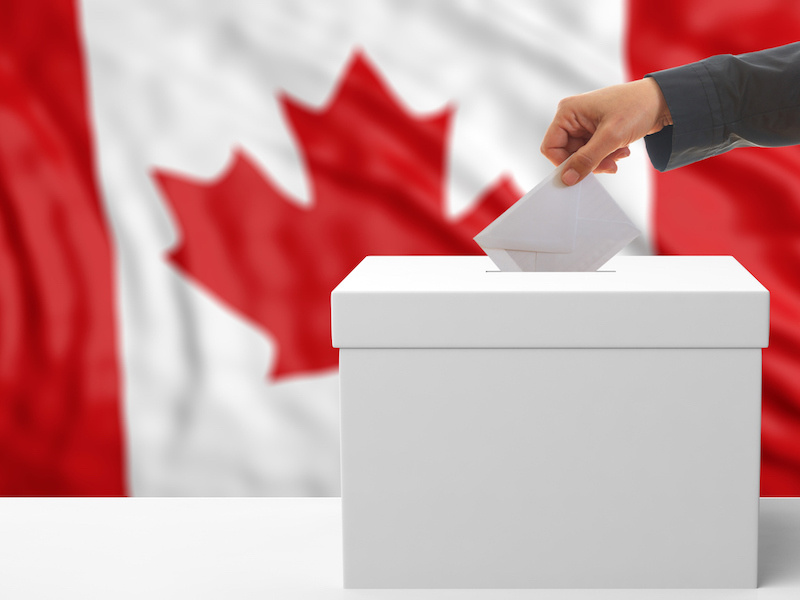
Regardless of who wins the upcoming federal election, Canada’s finances are set to deteriorate, amid intensifying trade turmoil, rising defence spending, and promised tax cuts, says Morningstar DBRS Inc.
In a new report, the rating agency examined the fiscal implications of the looming choice between the Liberals and the Conservatives — concluding that, while the federal deficit is destined to grow significantly under either regime, it will likely be slightly worse under the Tories, due to expectations of larger tax cuts.
“Amid the backdrop of deteriorating economic conditions, the need for increased defence spending, and costly campaign commitments, the outlook for federal finances is one of larger deficits and rising debt,” it said.
On the economic front, the outlook for the global economy is deteriorating, and the prospect of a recession this year appears to be growing.
The primary source of economic weakness, the U.S.-led trade war, also has direct fiscal implications for the federal government, which is expected to provide support to hard-hit workers and industries.
“Both Conservatives and Liberals have pledged support for workers and businesses and have indicated that they intend to accelerate discussions on a new economic and security partnership between Canada and the U.S. post-election,” DBRS said.
In either case, defence spending is expected to grow from its current level of 1.4% of GDP, it said.
“Prime Minister Carney has committed to achieving the NATO target of spending 2% of its GDP on defence by 2030,” it noted, which would translate into an additional $10 billion in 2025-2026.
And, while the Conservatives haven’t made a pledge on defence yet, they would likely also increase spending, “though it may do so at a slower pace than the Liberals,” it said.
Both parties have also promised lower taxes, DBRS noted.
In addition to dropping the consumer carbon tax, the Liberals have also scrapped a planned increase in the capital gains tax, pledged to increase the lifetime capital gains exemptions, cut the tax rate on the lowest income tax bracket by one percentage point and eliminate the GST for certain first-time homebuyers (homes worth less than $1 million), it said.
And, DBRS noted that the Conservatives have promised a larger cut on the lowest tax bracket (2.25 percentage points), to cut the GST on new homes worth less than $1.3 million, and introduce a capital gains reinvestment tax credit — measures that will drive a higher deficit than the Liberals’ promises.
Despite the deteriorating outlook, the rating agency said that Canada’s credit profile remains “very strong.”
“Canada’s deficit compares favourably with other G7 countries, leaving it flexibility to respond to current shocks; however, we won’t know the full impact of the fiscal response until the results of the election are known and the incoming government formalizes its fiscal plan,” it said.
The election is set for April 28.